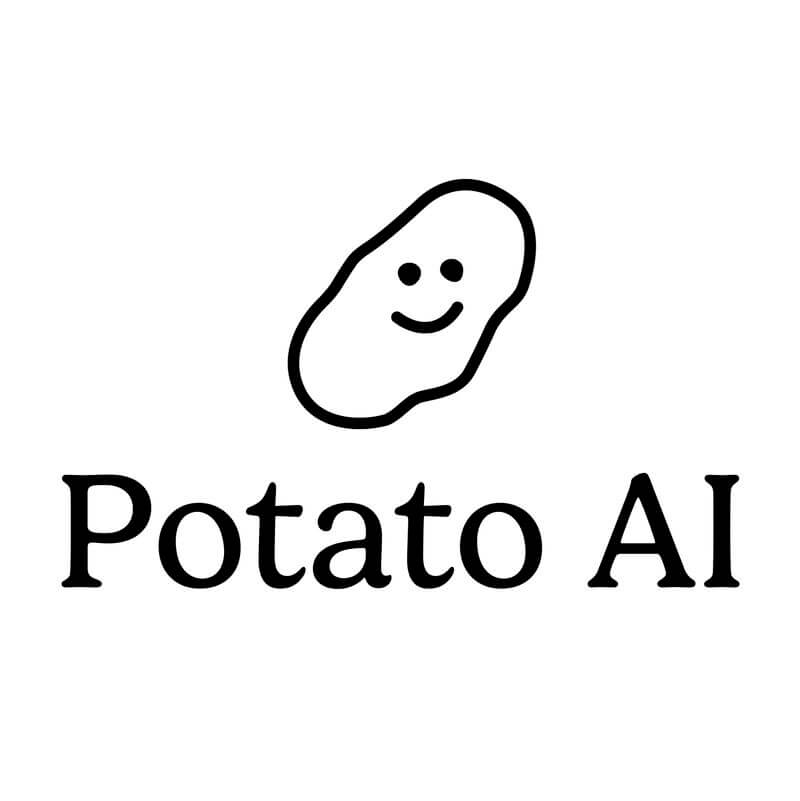Seattle-based startup Potato has secured $4.5 million in seed funding to advance its AI and robotics platform for automated scientific experimentation. The funding round was led by Draper Associates, with participation from Dolby Family Ventures, Boost VC, Ensemble VC, Silicon Badia, Alumni Ventures, Defined, and The FounderVC, as well as strategic angel investors Michael Liou and Geoff Entress. Potato previously raised $1 million in a pre-seed round in October 2024.
Founded in 2023 by neuroscientist Nick Edwards and technologist Ryan Kosai, Potato is developing AI-powered "agentic scientists" to automate discovery workflows across biotech and materials science. The company's name is a reference to the potato battery experiment, symbolizing the construction of complex tools from simple foundations. Potato's platform functions as an AI research assistant that helps scientists generate hypotheses, create optimized protocols, aid in writing papers, and offer critiques of journal articles. The company collaborates with research institutions like Caltech and Harvard.
Potato is now moving beyond computational support to develop technology for performing actual experiments, starting with computational research and moving toward robotics capable of laboratory bench work. The company is collaborating with Ginkgo Automation on the development of automated experiments. Potato's long-term vision is "fully closed-loop, autonomous science," which, according to CEO Nick Edwards, will make scientific discovery faster and cheaper.
Potato's current platform uses chat-based, generative AI tools built from large language models (LLMs) that are refined using retrieval-augmented generation (RAG). RAG improves the accuracy of results by incorporating scientific literature, including publications from Wiley, an academic publishing powerhouse with which Potato has a partnership. Features of the platform include protocol generation and editing using open-access methods; automated review of uploaded papers, including methods, controls, and follow-ups; biology Q&A with cited, literature-grounded answers; text-to-diagram workflow visualization; structured data extraction via API; and pre-structured outputs for search, clustering, and classification tasks.
Potato aims to address critical challenges in the scientific community, including an overwhelming amount of published research, high research costs, and the inability to reproduce scientific results. The company's AI agents orchestrate scientific workflows and use tools to execute computational and wet lab experiments. By automating scientific literature reviews for generating novel hypotheses, Potato hopes to expedite the pace of discovery at a fraction of the cost, potentially leading to life-saving medical breakthroughs.
The streamlining of research through human-AI collaboration comes at a time when academic and grant-funded research has been affected by potential cuts in government support for science. According to Edwards, there is a real need to speed up research to enable discoveries. Tim Draper, Founder and Managing Director at Draper Associates, believes that the opportunity to accelerate science and enable runaway knowledge production is bigger than the Internet.

















